Page 108 • (1,273 results in 0.04 seconds)
-
needy Parkland families. “Every day I realize the importance of food. It infiltrates everyone’s life,” Mares said. The university encourages students to study away and live lives of service, but it falls short of engaging students with the Parkland community, Mares said. The garden aims to open the Lutedome and better connect students with their neighbors across the street. “Knowing about the farm and the garden create a larger perspective,” Mares said. “It’s an education in how to grow food, what
-
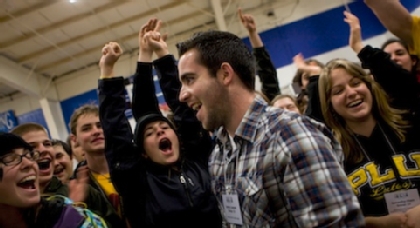
Explore! because she felt that it could be an opportunity to help broaden her social skills, which she acknowledged would be an asset in her profession. Last-minute participant Amy Larson said that she was contemplating the most critical aspects of her future career and how to find a balance between the importance of a college education and real-world experiences like professional networking. Larson hopes to graduate with a degree in business and work with non-profit organizations. Explore! Student
-
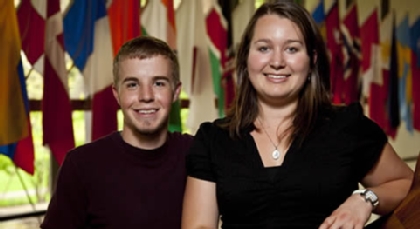
Assistant in Venezuela Buley will be placed in either one of Venezuela’s universities or at a Binational Center (learning centers affiliated with the U.S. Embassy) as an English teaching assistant. There he will lead language learning classes, facilitate conversation groups and present lectures and discussions on U.S. culture and society. “I decided to apply for an English teaching assistantship to learn more about teaching, to gain experience in the education field and to make a meaningful impact in
-
Sponsorship for major symposia, annual lectures, seminars and workshops that are crucial to a flourishing academic culture and extend the explicitly academic resources of the university out into the community. “I can’t emphasize enough how important these development opportunities for academics and mission are,” Killen said. “They make it possible for PLU to move into the future with it’s own kind of Wild Hope, profoundly rooted in its Lutheran tradition of higher education.” Killen calls PLU a global
-
around by us every time there was a discussion about remodeling Eastvold,” said Rev. Dennis Sepper, University Pastor. “PLU and Lutheran higher education put such a high emphasis on pluralism and diversity that I believe if we’re going to invite students of different faith traditions to our school, we should at least minimally provide for their spiritual needs in terms of a space to pray.” But according to Sepper, it wasn’t until Alazadi spoke to the diversity center that the idea got pushed off the
-
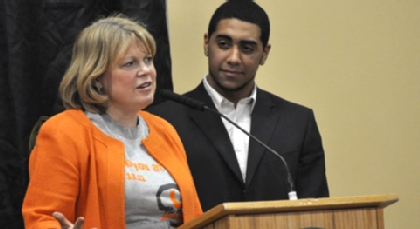
Wang Center for Global Education, also showed a series of videos about Tutu, South Africa and the creation of apartheid. The roots of the separation of races landed with the Dutch immigrants who came to the southern tip of Africa in the 17th century. The actual doctrine was established by the National Party in 1948. The apartheid was a legal system that curtailed the rights of the majority ‘non-whites’ in South Africa under the rule of the white minority. Tutu was born in 1931, and at first wanted
-
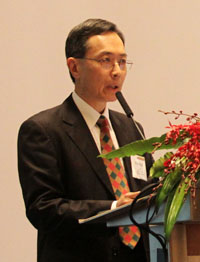
from passionate faculty. It was a coincidence that found Zee studying in Tacoma. His parents had wished their son to have the advantages of an overseas education, but worried what may come of him “without close supervision,” he joked. As it happened, PLU physics professor K.T. Tang visited Hong Kong (Zee was a student at the high school where Tang had once studied) and made an impression on Zee and his parents. “They thought that if I studied physics in Tacoma, Professor Tang could keep an eye on
-
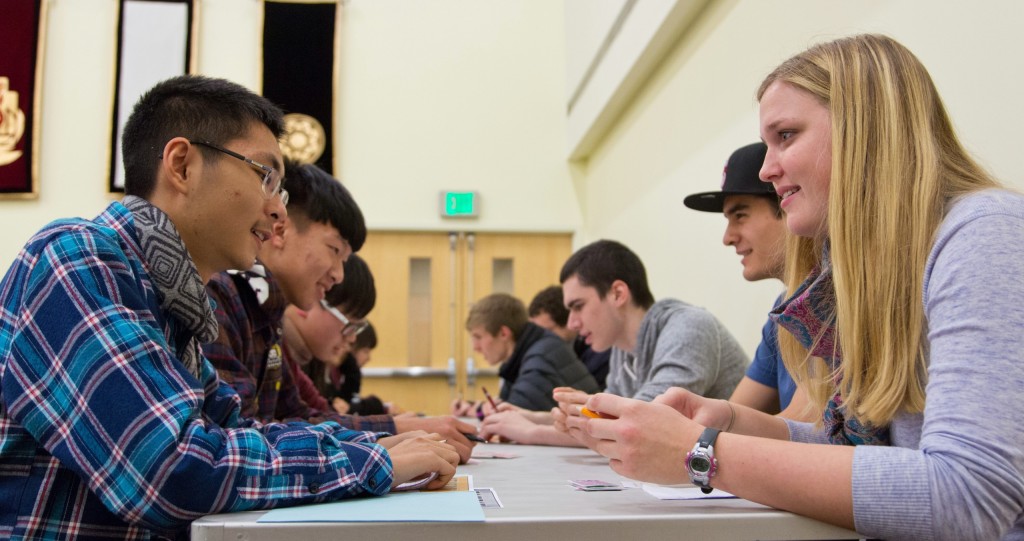
understand a question, we told them to ask their American counterparts to explain it using different words. It worked really well.” This was the first time a Chinese agency has brought a group of high schoolers to PLU. Usually such students, who read U.S. News and World Report, are interested in internationally known schools such as Harvard or Stanford and tend to avoid small liberal-arts universities. But there’s a problem with that narrow focus, Meyer said: Often, the education students receive from
-

, Malloy worked in public health in New York and Washington, D.C., before moving back to the Northwest to further his education. Malloy attended Seattle University Law School, studied intellectual property law and took a position at the Infectious Disease Institute. He stayed there until his recent move to Fred Hutchinson Cancer Research Center, where he’s now operational leader in its Vaccine and Infectious Disease Division. “This position involves a lot of international health activities, which is
-
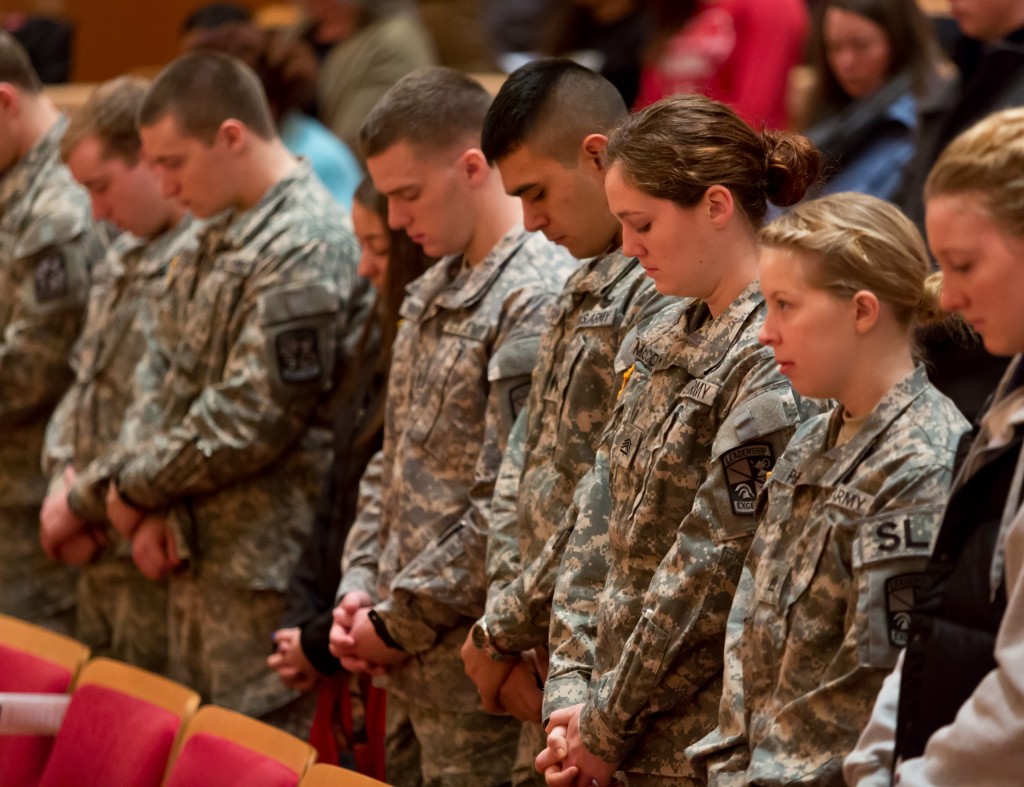
Colleges for Veterans list released in September. PLU’s six-year graduation rate for military-affiliated first-year students is 86.4 percent, compared to 56 percent for Education Department numbers reported in the Military Times. Earlier this year, PLU hired its first Director of Military Outreach, Army veteran and Tacoma resident Michael Farnum, who is responsible for increasing PLU’s engagement with current and prospective military and veteran communities; increasing enrollment of military-affiliated
Do you have any feedback for us? If so, feel free to use our Feedback Form.


